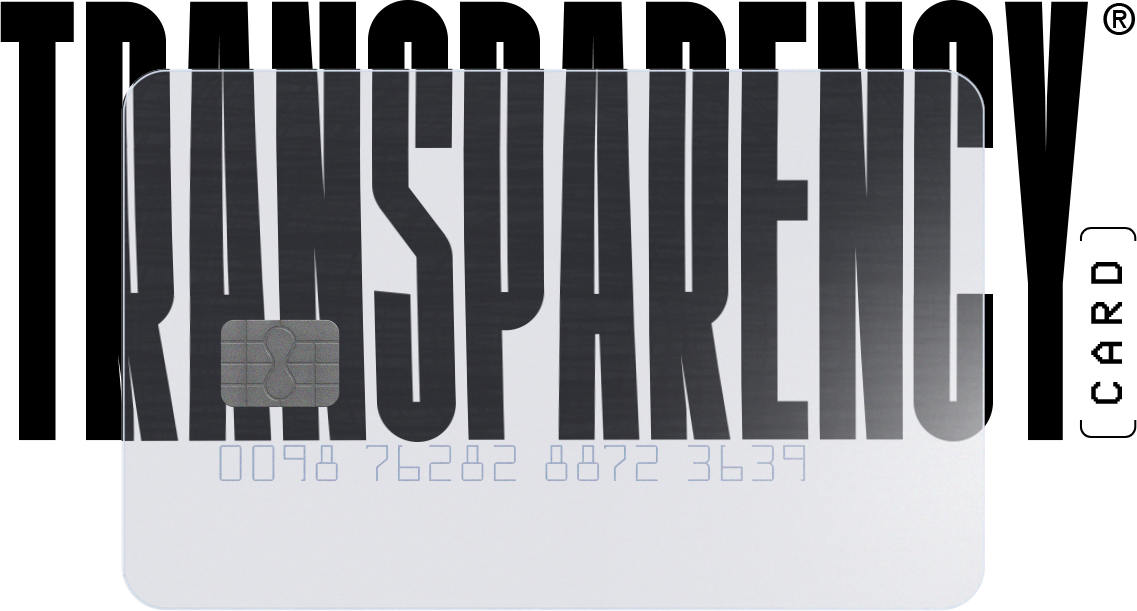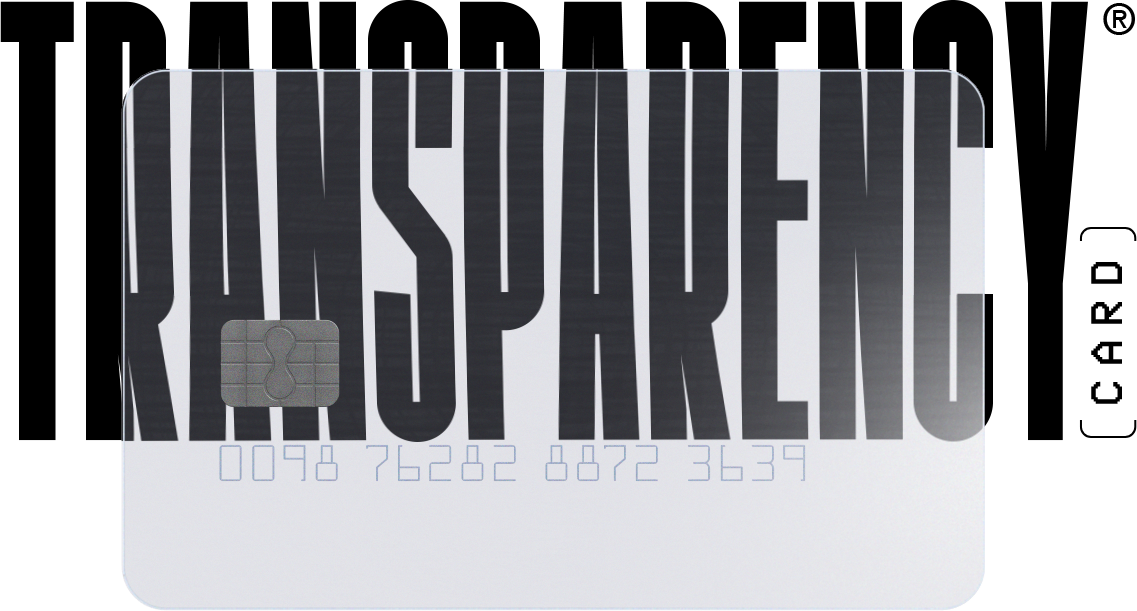Banyak diminati. 14,6k orang membeli ini dalam 24 jam terakhir.
Harga: Rp.10.000, + 10K
Normal: Rp 100.000+
Diskon segera berahir 22:07:07
SLOTVIP # Frequently Asked Questions TransparencyCard Help Center
Butuh bantuan dengan slotvip atau slotvip login? Temukan jawaban lengkap seputar akun, keamanan, dan cara bermain di slotvip melalui FAQ TransparencyCard. Akses cepat, aman, dan terpercaya!
Star Seller
Star Sellers have an outstanding track record for providing a great customer experience—they consistently earned 5-star reviews, shipped orders on time, and replied quickly to any messages they received.
-
1. Enter Name/Text
2. Color of Yarn (Default color is white yarn if none selected)
*This is oversized jumper, select one size smaller for a more fitting look0/1024
You can only make an offer when buying a single item
Star Seller. Penjual ini secara konsisten mendapatkan ulasan bintang 5, mengirim tepat waktu, dan membalas dengan cepat setiap pesan yang mereka terima.
Highlights
Butuh bantuan dengan slotvip atau slotvip login? Temukan jawaban lengkap seputar akun, keamanan, dan cara bermain di slotvip melalui FAQ TransparencyCard. Akses cepat, aman, dan terpercaya!
-
Pesan hari ini dan akan tiba pada: Sep 28-Okt 7
Jika anda bermain dan dapat situs SLOTVIP yang memiliki lisensi resmi seperti situs SLOTVIP. Anda berhak mendapatkan hadiah tambahan yang besar hari ini.
-
Pengembalian dan penukaran tidak diterima
Namun, silakan hubungi saya jika Anda memiliki masalah dengan pesanan Anda
-
Cost to ship: Rp 10.000
-
Ships from: Indonesia
There was a problem calculating your shipping. Please try again.
SLOTVIP Perlindungan Pembelian
Shoping dengan percaya diri di SLOTVIP, mengetahui jika terjadi kendala pada pesanan, kami dari pihak SLOTVIP siap membantu Anda untuk semua pembelian yang memenuhi syarat dan ketentuan —
see program terms
Captcha failed to load. Try using a different browser or disabling ad blockers.
4.9 out of 5
(10.5K reviews)
All reviews are from verified buyers
Login cepat, aman, dan stabil! SLOTVIP memberikan akses gaming yang lancar tanpa khawatir gangguan. Sistem keamanannya terasa seperti punya lapisan proteksi ekstra – cocok buat pemain serius!
Awalnya ragu karena sering dapat situs palsu, tapi SLOTVIP benar-benar berbeda. Proses login simpel dan platformnya terasa terpercaya. Bisa main slot sepuasnya tanpa takut akun diretas!
Saya suka bagaimana SLOTVIP menggabungkan kenyamanan bermain dengan sistem keamanan tingkat tinggi. Login-nya cepat, dan saya merasa data pribadi benar-benar dijaga.
Pengalaman gaming jadi lebih tenang sejak pakai SLOTVIP. Tampilan simpel, akses mudah, dan yang paling penting – selalu bisa login tanpa link error. Recommended banget!
Photos from reviews
This seller usually responds within 24 hours.
Smooth shipping Has a history of shipping on time with tracking.
Speedy replies Has a history of replying to messages quickly.
Rave reviews Average review rating is 4.8 or higher.



